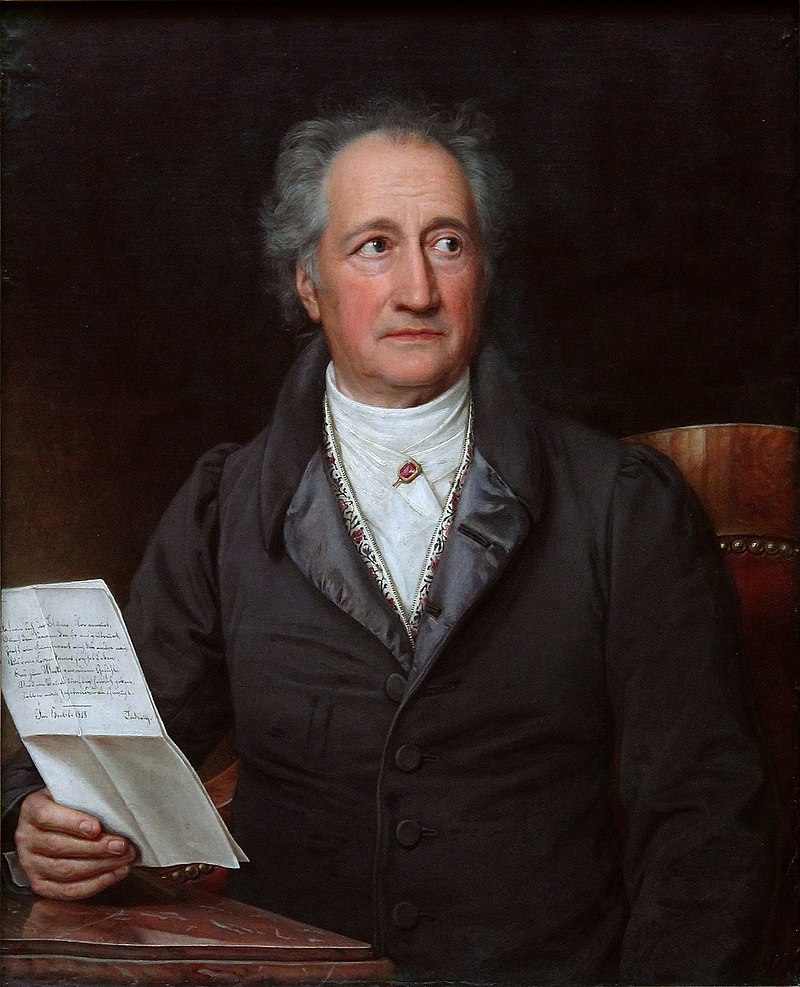
Who was Wolfgang von Goethe?
Johann (1749-1832) was a German writer, philosopher, scientist, and statesman whose works and ideas had a profound impact on the development of Western literature, thought, and culture. Born in the Age of Enlightenment and living through the tumultuous years of the French Revolution and the Napoleonic Wars, Goethe was a key figure in the transition from the classical to the romantic era in European literature and thought.
Goethe’s life and work were characterized by a deep commitment to the ideals of humanism, a belief in the inherent dignity and potential of the individual, and a fascination with the natural world and the mysteries of the human psyche. Through his poetry, novels, plays, and scientific writings, Goethe sought to explore the depths of human experience and to shed light on the fundamental questions of existence.
Timeline of Goethe’s Life:
1749: Born in Frankfurt am Main, Germany
1765-1768: Studies law in Leipzig
1770: Suffers from a severe illness and undergoes a spiritual crisis
1771-1775: Works as a lawyer in Frankfurt and has a romantic relationship with Charlotte Buff
1775: Invited to the court of Duke Carl August in Weimar
1786-1788: Travels to Italy and experiences a spiritual and artistic awakening
1791: Appointed as the director of the Weimar Theatre
1794: Begins a lifelong friendship and collaboration with Friedrich Schiller
1806: Marries Christiane Vulpius
1815: Suffers from a severe illness and undergoes another spiritual crisis
1831: Completes his masterwork, Faust Part Two
1832: Dies in Weimar, Germany
Major Works:
The Sorrows of Young Werther (1774) – A sentimental novel about a young man’s passionate love and eventual suicide, which became a cultural phenomenon and established Goethe’s reputation as a writer.
Wilhelm Meister’s Apprenticeship (1795-1796) – A bildungsroman that follows the spiritual and artistic development of a young man and explores themes of self-discovery, vocation, and the role of art in society.
Elective Affinities (1809) – A novel that explores the themes of love, marriage, and the chemistry of human relationships through the lens of scientific and philosophical ideas.
Faust Part One (1808) and Part Two (1831) – A dramatic poem that tells the story of a scholar who makes a pact with the devil in pursuit of knowledge and power, and ultimately finds redemption through love and grace.
Poetry – Goethe wrote over 3,000 poems in a variety of styles and forms, ranging from simple folk songs to complex philosophical and mystical works. Some of his most famous poems include “Prometheus,” “The Erl-King,” and “The Sorcerer’s Apprentice.”
Scientific Writings – Goethe made significant contributions to the fields of botany, anatomy, and color theory, and his approach to science emphasized the importance of observation, intuition, and holistic thinking.
Stylistic Choices and Major Ideas:
Goethe’s literary style was characterized by a masterful use of language, a deep understanding of human psychology, and a ability to convey complex ideas and emotions through vivid imagery and symbolism. He was a pioneer of the romantic movement in German literature, which emphasized the importance of emotion, imagination, and individuality over the rationalism and formalism of the Enlightenment.
At the same time, Goethe was deeply influenced by classical literature and thought, and his works often reflect a synthesis of romantic and classical elements. He believed in the idea of “unity in diversity,” and sought to find the common threads that connect different branches of knowledge and experience.
One of Goethe’s major ideas was the concept of “bildung,” or the process of self-cultivation and personal growth. He believed that every individual has the potential for inner development and that the goal of life should be to fully realize one’s unique talents and abilities. This idea is reflected in many of his works, particularly in the character of Faust, who embarks on a lifelong quest for knowledge and experience.
Another important theme in Goethe’s work is the relationship between the individual and society. He was a strong advocate for individual freedom and self-expression, but also recognized the importance of social responsibility and the need for individuals to contribute to the greater good. This tension between the individual and society is explored in works like Wilhelm Meister’s Apprenticeship and Elective Affinities.
Goethe was also deeply interested in the natural world and the scientific method. He made significant contributions to the fields of botany, anatomy, and color theory, and his approach to science emphasized the importance of observation, intuition, and holistic thinking. He believed that the study of nature could provide insights into the workings of the human mind and spirit, and that science and art were ultimately two sides of the same coin.
Relevance to Psychotherapy and Modern Psychology:
Goethe’s ideas and works have had a significant impact on the development of psychotherapy and modern psychology. His emphasis on the importance of self-knowledge, personal growth, and the integration of different aspects of the psyche anticipates many of the key insights of depth psychology and humanistic psychology.
In particular, Goethe’s concept of bildung bears a close resemblance to Carl Jung’s idea of individuation, the process by which an individual becomes a well-functioning whole through the integration of the conscious and unconscious aspects of the psyche. Like Goethe, Jung believed that the goal of life is to fully realize one’s unique potential and to achieve a sense of inner wholeness and authenticity.
Goethe’s approach to science, which emphasized the importance of observation, intuition, and holistic thinking, also has important implications for the practice of psychotherapy. He believed that the study of nature could provide insights into the workings of the human mind and spirit, and that a deep understanding of the natural world was essential for understanding the complexities of human experience.
In the context of psychotherapy, a Goethean approach would encourage clients to explore their inner world through self-reflection, creative expression, and engagement with the natural world. By cultivating a sense of wonder and openness to experience, individuals can gain insight into the patterns and dynamics that shape their lives and develop greater self-awareness and emotional resilience.
Goethe’s emphasis on the importance of social responsibility and the need for individuals to contribute to the greater good also has important implications for the role of psychotherapy in promoting social change and social justice. By helping individuals to develop a sense of purpose and meaning beyond their own personal concerns, psychotherapists can encourage clients to become active and engaged members of their communities and to work towards creating a more just and equitable society.
Wolfgang von Goethe was a towering figure in German literature and thought, and his influence extended far beyond the realm of poetry and drama. His ideas and approach to understanding the world had a profound impact on the development of several key cultural and intellectual movements, including humanism, dialectical thinking, and psychology.
Wolfgang von Goethe’s influence on the arts is immeasurable, and his impact can be seen in the works of countless artists, writers, and filmmakers. One notable figure who has been deeply influenced by Goethe’s ideas and aesthetic vision is the German filmmaker Werner Herzog.
Herzog, who is known for his unique and uncompromising approach to cinema, has often cited Goethe as a major inspiration for his work. Like Goethe, Herzog is fascinated by the power of the human imagination and the ways in which art can illuminate the depths of the human experience.
Goethe’s Influence on the Arts:
Wolfgang von Goethe’s influence on the arts is immeasurable, and his impact can be seen in the works of countless artists, writers, and filmmakers. One notable figure who has been deeply influenced by Goethe’s ideas and aesthetic vision is the German filmmaker Werner Herzog.
Herzog, who is known for his unique and uncompromising approach to cinema, has often cited Goethe as a major inspiration for his work. Like Goethe, Herzog is fascinated by the power of the human imagination and the ways in which art can illuminate the depths of the human experience.
Goethe’s Influence on Herzog’s Aesthetic Vision:
One of the key ways in which Goethe has influenced Herzog’s work is through his emphasis on the importance of direct observation and experience in the artistic process. Goethe believed that the artist must immerse themselves in the world and engage with it directly, rather than relying on abstract theories or preconceived notions.
This idea is central to Herzog’s approach to filmmaking, which often involves a deep engagement with the natural world and a willingness to take risks and push boundaries in the pursuit of artistic truth. Herzog’s films, such as “Aguirre, the Wrath of God” and “Fitzcarraldo,” are known for their stunning visual imagery and their ability to capture the raw, elemental power of nature.
Like Goethe, Herzog is also fascinated by the idea of the “sublime,” or the experience of awe and terror in the face of the immensity and mystery of the universe. Goethe’s concept of the “demonic,” or the inner force that drives individuals to transcend their limitations and embrace their full potential, is similar to Herzog’s idea of the “ecstatic truth,” or the moments of revelation and insight that can emerge from the most extreme and challenging situations.
Goethe’s Influence on Herzog’s Thematic Concerns:
In addition to his aesthetic vision, Goethe has also had a significant influence on Herzog’s thematic concerns and the subjects he chooses to explore in his films. Like Goethe, Herzog is fascinated by the idea of the individual’s struggle for meaning and purpose in a world that is often hostile and indifferent to human concerns.
This theme is central to many of Herzog’s films, such as “The Enigma of Kaspar Hauser” and “Stroszek,” which explore the lives of outsiders and misfits who are struggling to find their place in the world. These characters often embody Goethe’s idea of the “Faustian” figure, who is driven by a restless desire for knowledge and experience, even at the cost of their own happiness and well-being.
Herzog is also deeply interested in the relationship between art and madness, and the ways in which the creative process can both reflect and shape the inner workings of the mind. This theme is explored in films such as “The Great Ecstasy of Woodcarver Steiner” and “My Best Fiend,” which offer a glimpse into the lives of artists and visionaries who are pushing the boundaries of human experience.
Goethe’s Influence on Herzog’s Collaborations:
Finally, Goethe’s influence on Herzog can be seen in the way he approaches collaborations and the relationships he forms with his actors and crew members. Like Goethe, Herzog believes in the importance of creating a sense of community and shared purpose among those involved in the artistic process.
This is evident in the way Herzog works with his actors, often pushing them to their limits and encouraging them to take risks and explore new aspects of their craft. Herzog’s collaborations with actors such as Klaus Kinski and Bruno S. are legendary, and have produced some of the most memorable and intense performances in the history of cinema.
At the same time, Herzog is also known for his willingness to embrace chance and spontaneity in his work, and to allow the unpredictable elements of the world to shape the final product. This approach is similar to Goethe’s idea of the “elective affinities,” or the deep connections that can form between individuals who share a common purpose or vision.
Goethe’s Influence on Werner Herzog:
One of the key ways in which Goethe has influenced Herzog’s work is through his emphasis on the importance of direct observation and experience in the artistic process. Goethe believed that the artist must immerse themselves in the world and engage with it directly, rather than relying on abstract theories or preconceived notions.
This idea is central to Herzog’s approach to filmmaking, which often involves a deep engagement with the natural world and a willingness to take risks and push boundaries in the pursuit of artistic truth. Herzog’s films, such as “Aguirre, the Wrath of God” and “Fitzcarraldo,” are known for their stunning visual imagery and their ability to capture the raw, elemental power of nature.
Like Goethe, Herzog is also fascinated by the idea of the “sublime,” or the experience of awe and terror in the face of the immensity and mystery of the universe. Goethe’s concept of the “demonic,” or the inner force that drives individuals to transcend their limitations and embrace their full potential, is similar to Herzog’s idea of the “ecstatic truth,” or the moments of revelation and insight that can emerge from the most extreme and challenging situations.
In addition to his aesthetic vision, Goethe has also had a significant influence on Herzog’s thematic concerns and the subjects he chooses to explore in his films. Like Goethe, Herzog is fascinated by the idea of the individual’s struggle for meaning and purpose in a world that is often hostile and indifferent to human concerns.
This theme is central to many of Herzog’s films, such as “The Enigma of Kaspar Hauser” and “Stroszek,” which explore the lives of outsiders and misfits who are struggling to find their place in the world. These characters often embody Goethe’s idea of the “Faustian” figure, who is driven by a restless desire for knowledge and experience, even at the cost of their own happiness and well-being.
Herzog is also deeply interested in the relationship between art and madness, and the ways in which the creative process can both reflect and shape the inner workings of the mind. This theme is explored in films such as “The Great Ecstasy of Woodcarver Steiner” and “My Best Fiend,” which offer a glimpse into the lives of artists and visionaries who are pushing the boundaries of human experience.
Goethe’s Influence on Herzog’s Collaborations:
Finally, Goethe’s influence on Herzog can be seen in the way he approaches collaborations and the relationships he forms with his actors and crew members. Like Goethe, Herzog believes in the importance of creating a sense of community and shared purpose among those involved in the artistic process.
This is evident in the way Herzog works with his actors, often pushing them to their limits and encouraging them to take risks and explore new aspects of their craft. Herzog’s collaborations with actors such as Klaus Kinski and Bruno S. are legendary, and have produced some of the most memorable and intense performances in the history of cinema.
At the same time, Herzog is also known for his willingness to embrace chance and spontaneity in his work, and to allow the unpredictable elements of the world to shape the final product. This approach is similar to Goethe’s idea of the “elective affinities,” or the deep connections that can form between individuals who share a common purpose or vision.
Goethe’s Influence on Culture:
Goethe’s literary works, particularly his novels and plays, had a significant impact on the development of German and European culture. His novel “The Sorrows of Young Werther” (1774) became a cultural phenomenon and helped to establish the genre of the romantic novel, which emphasized the importance of emotion, passion, and individual experience. His play “Faust” (1808/1832) is considered one of the greatest works of German literature and has been adapted and interpreted by countless artists and thinkers.
Beyond his literary works, Goethe was also a major cultural figure in his own right, and his ideas and personality had a significant influence on the intellectual and artistic circles of his time. He was a friend and correspondent of many of the leading thinkers and artists of the day, including Friedrich Schiller, Johann Gottfried Herder, and Johann Joachim Winckelmann, and his ideas helped to shape the cultural and intellectual landscape of late 18th and early 19th century Germany.
Goethe’s Influence on Humanism:
Goethe was a key figure in the development of humanism, a philosophical and cultural movement that emphasized the inherent dignity and potential of the individual. Like other humanists of his time, Goethe believed in the importance of reason, creativity, and the pursuit of knowledge as means of personal and social liberation.
Goethe’s concept of bildung, or the process of self-cultivation and personal growth, was a central tenet of his humanistic philosophy. He believed that every individual has the potential for inner development and that the goal of life should be to fully realize one’s unique talents and abilities. This idea had a significant influence on the development of educational theory and practice, and continues to be an important principle of humanistic psychology.
Goethe’s humanism also had a strong aesthetic dimension, and he believed in the power of art and beauty to elevate the human spirit and promote social harmony. His ideas about the relationship between art and nature, and the importance of intuition and imagination in the creative process, had a significant impact on the development of romantic aesthetics and continue to be influential in contemporary discussions of art and culture.
Goethe’s Influence on Dialectical Thinking:
Goethe was a pioneer of dialectical thinking, a philosophical approach that emphasizes the dynamic interplay of opposing forces and the synthesis of contradictions. Like other dialectical thinkers such as Hegel and Marx, Goethe believed that the world is characterized by constant change and development, and that progress occurs through the resolution of conflicts and the integration of opposites.
Goethe’s dialectical approach is evident in many of his literary and scientific works, which often explore the tension between opposing forces such as light and darkness, life and death, and nature and culture. His concept of polarity, or the idea that opposing forces are necessary for the maintenance of balance and harmony, had a significant influence on the development of German idealism and continues to be an important principle of dialectical philosophy.
Goethe’s dialectical thinking also had a strong influence on the development of Marxist philosophy, particularly the idea of the “negation of the negation,” or the process by which contradictions are resolved and transformed into new, higher forms of unity. While Goethe himself was not a political radical, his ideas about the dynamic interplay of opposites and the importance of social responsibility had a significant impact on the development of socialist and communist thought.
Influence on Psychology:
Goethe’s ideas about the nature of the human psyche and the process of personal growth and self-realization had a significant influence on the development of modern psychology, particularly the humanistic and existential traditions.
Goethe’s concept of bildung, or the process of self-cultivation and personal growth, anticipates many of the key insights of humanistic psychology, which emphasizes the importance of self-actualization and the realization of one’s full potential. His idea of the “daimon,” or the inner voice or guiding spirit that shapes an individual’s destiny, is similar to the concept of the “self” in Jungian psychology and the “organismic self” in Gestalt therapy.
Goethe’s approach to understanding the human psyche also had a strong influence on the development of depth psychology, particularly the work of Carl Jung. Like Goethe, Jung emphasized the importance of the unconscious mind and the role of symbols and archetypes in shaping human experience. Jung’s concept of individuation, or the process by which an individual becomes a well-functioning whole, bears a close resemblance to Goethe’s idea of bildung.
Goethe’s influence on psychology also extends to the existential tradition, particularly the work of thinkers such as Rollo May and Irvin Yalom. Like Goethe, existential psychologists emphasize the importance of meaning, creativity, and the confrontation with life’s ultimate concerns as means of personal growth and self-realization. Goethe’s idea of the “elective affinities,” or the deep connections that can form between individuals who share a common purpose or vision, is similar to the existential concept of “encounter,” or the authentic meeting between two individuals.
Goethe’s Influence on Psychology:
Wolfgang von Goethe’s ideas and approach to understanding the human psyche share some interesting parallels with the work of several influential psychotherapists, including Carl Jung, Fritz Perls, and Irvin Yalom. While each of these thinkers developed their own unique theories and methods, they all share a common interest in exploring the depths of human experience and promoting personal growth and self-awareness.
Goethe’s Influence on Psychotherapy:
Wolfgang von Goethe’s influence on the field of psychotherapy is profound and far-reaching, particularly in the works of famous psychotherapists such as Carl Jung and James Hillman. Goethe’s ideas about the nature of the human psyche, the process of personal growth and self-realization, and the importance of creativity and imagination in shaping human experience have had a significant impact on the development of depth psychology and archetypal psychology.
Goethe’s Influence on Carl Jung:
Carl Jung, the founder of analytical psychology, was deeply influenced by Goethe’s ideas and often cited him as a major inspiration for his own work. Jung was particularly drawn to Goethe’s concept of the “daimon,” or the inner voice or guiding spirit that shapes an individual’s destiny. This idea is similar to Jung’s concept of the “Self,” which he saw as the organizing principle of the psyche and the source of an individual’s unique potential.
Jung also drew on Goethe’s idea of the “collective unconscious,” or the shared repository of human experience and knowledge that exists beyond the individual psyche. Goethe’s concept of the “Urphänomen,” or the archetypal patterns and symbols that underlie all natural phenomena, is similar to Jung’s idea of the “archetypes,” which he saw as the universal patterns and images that shape human experience.
Like Goethe, Jung emphasized the importance of creativity and imagination in the process of personal growth and self-realization. He saw the creative process as a means of accessing the unconscious mind and integrating its contents into conscious awareness. Jung’s concept of “active imagination,” or the use of creative techniques such as drawing, painting, and writing to explore the unconscious, is similar to Goethe’s idea of the “exact sensorial imagination,” or the use of precise observation and description to understand the essence of natural phenomena.
Goethe’s Influence on James Hillman:
James Hillman, the founder of archetypal psychology, was also deeply influenced by Goethe’s ideas and often cited him as a major inspiration for his own work. Hillman was particularly drawn to Goethe’s concept of the “soul,” which he saw as the animating principle of the psyche and the source of an individual’s unique character and calling.
Hillman’s idea of the “acorn theory,” or the notion that each individual has a unique soul-image or calling that shapes their life and destiny, is similar to Goethe’s concept of the “entelechy,” or the inner force that guides an individual’s development and self-realization. Like Goethe, Hillman emphasized the importance of following one’s own path and trusting the wisdom of the soul, even when it may go against conventional norms or expectations.
Hillman also drew on Goethe’s idea of the “exact sensorial imagination” in his own work, particularly in his emphasis on the importance of precise observation and description in understanding the depths of the psyche. Hillman’s concept of “psychologizing,” or the process of exploring the symbolic and metaphorical dimensions of experience, is similar to Goethe’s idea of “delicate empiricism,” or the use of intuitive and imaginative ways of knowing to understand the essence of natural phenomena.
Goethe’s Influence on Other Psychotherapists:
Goethe’s influence on psychotherapy extends beyond Jung and Hillman to many other prominent figures in the field. Rollo May, the existential psychologist, drew on Goethe’s ideas about the importance of creativity and the confrontation with life’s ultimate concerns in his own work. May’s concept of “creative courage,” or the willingness to face the unknown and take risks in the pursuit of personal growth and self-realization, is similar to Goethe’s idea of the “demonic,” or the inner force that drives an individual to transcend their limitations and embrace their full potential.
Irving Yalom, another prominent existential psychotherapist, also drew on Goethe’s ideas in his own work, particularly in his emphasis on the importance of meaning and purpose in human life. Yalom’s concept of “existential isolation,” or the ultimate aloneness and separateness of the individual, is similar to Goethe’s idea of the “Faustian pact,” or the individual’s struggle to find meaning and purpose in a world that is ultimately meaningless.
Other psychotherapists who have been influenced by Goethe’s ideas include Roberto Assagioli, the founder of psychosynthesis, who drew on Goethe’s concept of the “higher self” in his own work, and Viktor Frankl, the founder of logotherapy, who emphasized the importance of finding meaning and purpose in the face of suffering and adversity, much like Goethe’s Faust.
Read More Depth Psychology Articles:
Taproot Therapy Collective Podcast
Philosophy
Bibliography:
Goethe, J.W. (1774). The Sorrows of Young Werther.
Goethe, J.W. (1795-1796). Wilhelm Meister’s Apprenticeship.
Goethe, J.W. (1808/1832). Faust.
Goethe, J.W. (1809). Elective Affinities.
Jung, C.G. (1921). Psychological Types.
Hillman, J. (1975). Re-Visioning Psychology.
Herzog, W. (1972). Aguirre, the Wrath of God. [Film]
Herzog, W. (1982). Fitzcarraldo. [Film]
Further Reading:
Boyle, N. (1991-2000). Goethe: The Poet and the Age (2 volumes). Oxford University Press.
Safranski, R. (2017). Goethe: Life as a Work of Art. Liveright.
May, R. (1975). The Courage to Create. W.W. Norton & Company.
Yalom, I.D. (1980). Existential Psychotherapy. Basic Books.
Cronin, P. (2014). Werner Herzog: A Guide for the Perplexed. Faber & Faber.
Assagioli, R. (1965). Psychosynthesis: A Manual of Principles and Techniques. Hobbs, Dorman & Company.
Frankl, V.E. (1946). Man’s Search for Meaning. Beacon Press.
Prager, B. (2007). The Cinema of Werner Herzog: Aesthetic Ecstasy and Truth. Wallflower Press.
Bishop, P. (2000). Synchronicity and Intellectual Intuition in Kant, Swedenborg, and Jung. Edwin Mellen Press.
Bortoft, H. (1996). The Wholeness of Nature: Goethe’s Way toward a Science of Conscious Participation in Nature. Lindisfarne Press.
Main Ideas:
Johann Wolfgang von Goethe:
- Life and influence:
- German writer, philosopher, scientist, and statesman (1749-1832)
- Key figure in Western literature, thought, and culture
- Bridged classical and romantic eras in European literature
- Major works:
- “The Sorrows of Young Werther” (1774)
- “Wilhelm Meister’s Apprenticeship” (1795-1796)
- “Faust” (Parts One and Two, 1808/1831)
- Extensive poetry and scientific writings
- Key concepts and ideas:
- Bildung: self-cultivation and personal growth
- Unity in diversity
- Importance of direct observation and experience
- The “sublime” and the “demonic” in human experience
- Influence on various fields:
- Literature and arts
- Humanism
- Dialectical thinking
- Psychology and psychotherapy
- Impact on psychology and psychotherapy:
- Influenced Carl Jung’s analytical psychology
- Parallels with humanistic and existential psychology
- Influenced James Hillman’s archetypal psychology
- Concepts similar to those in Gestalt therapy and logotherapy
- Influence on filmmaking:
- Inspired Werner Herzog’s approach to cinema
- Emphasis on direct observation and engagement with nature
- Exploration of the “sublime” and “ecstatic truth” in film
- Cultural impact:
- Shaped German and European culture
- Influenced educational theory and practice
- Contributed to the development of romantic aesthetics

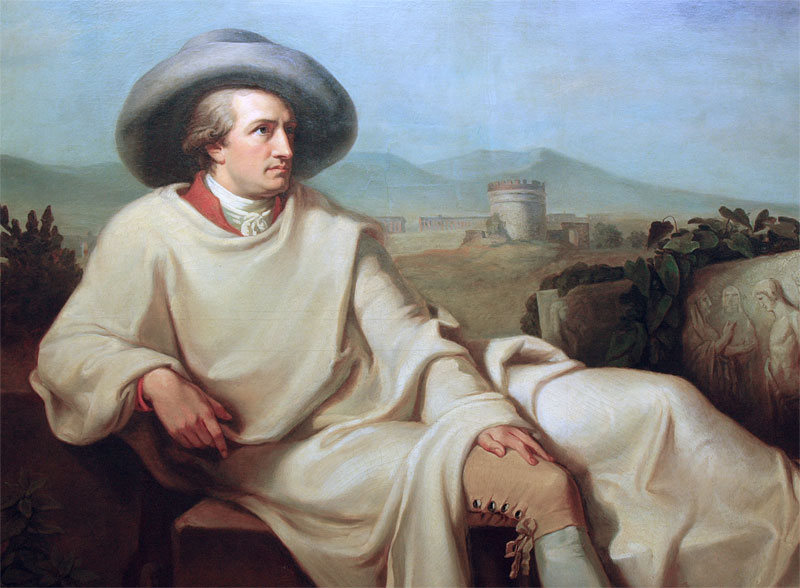
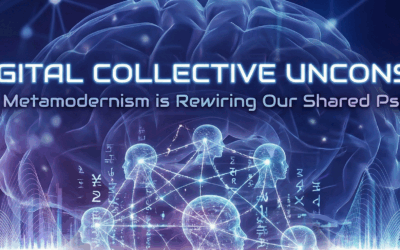
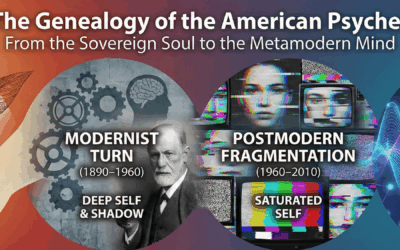
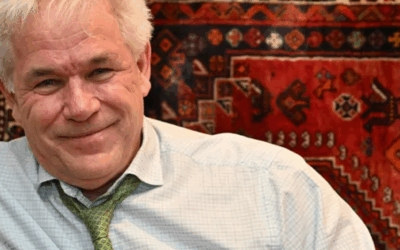
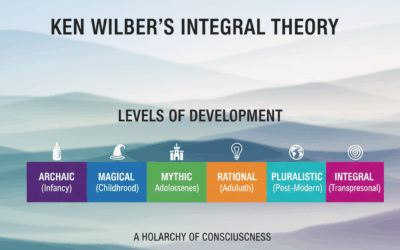
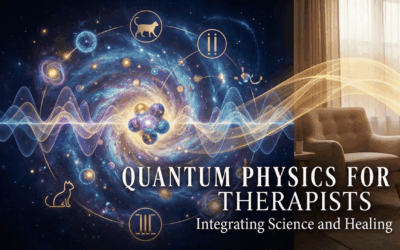
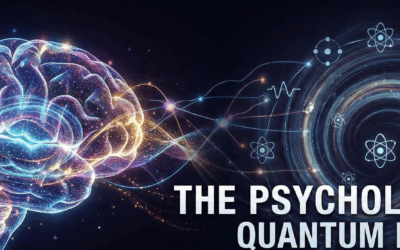
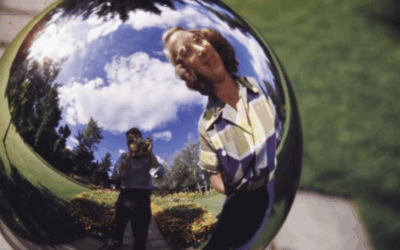
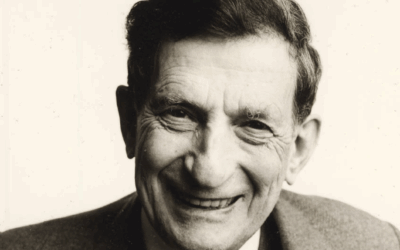

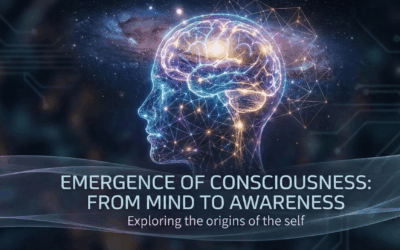
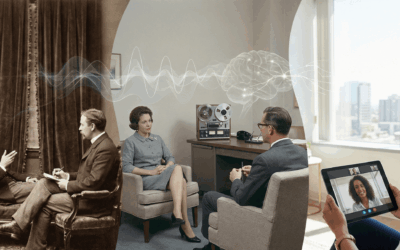
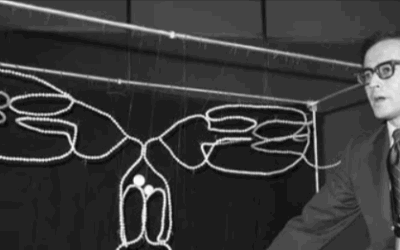
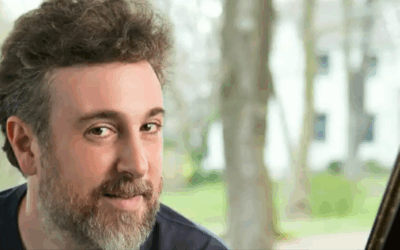

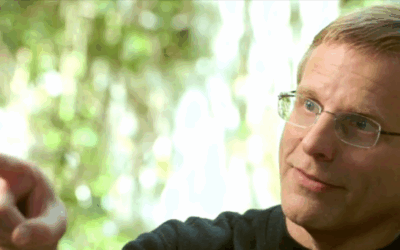
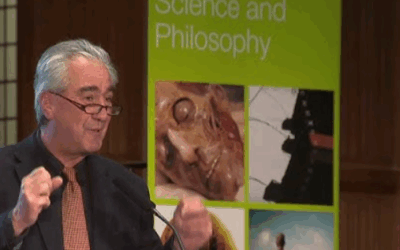
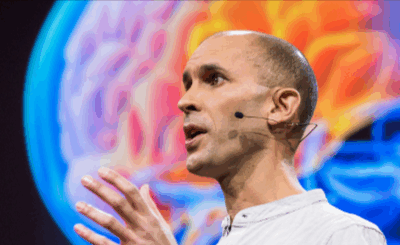
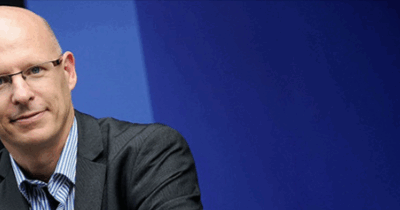
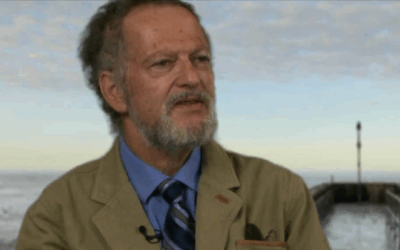
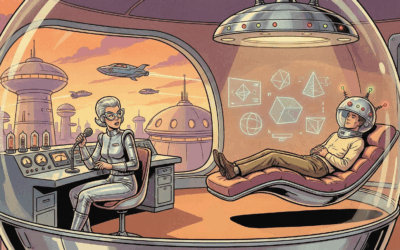
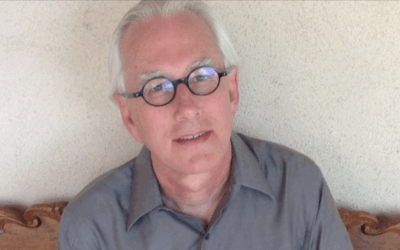
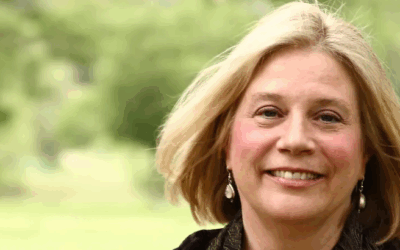
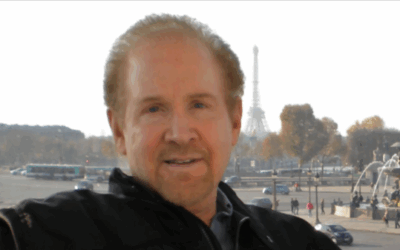
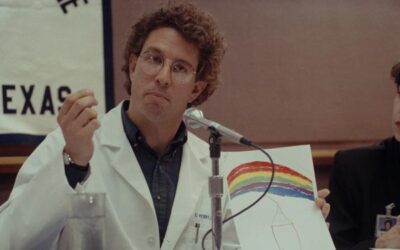
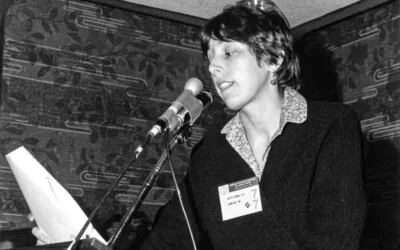
0 Comments